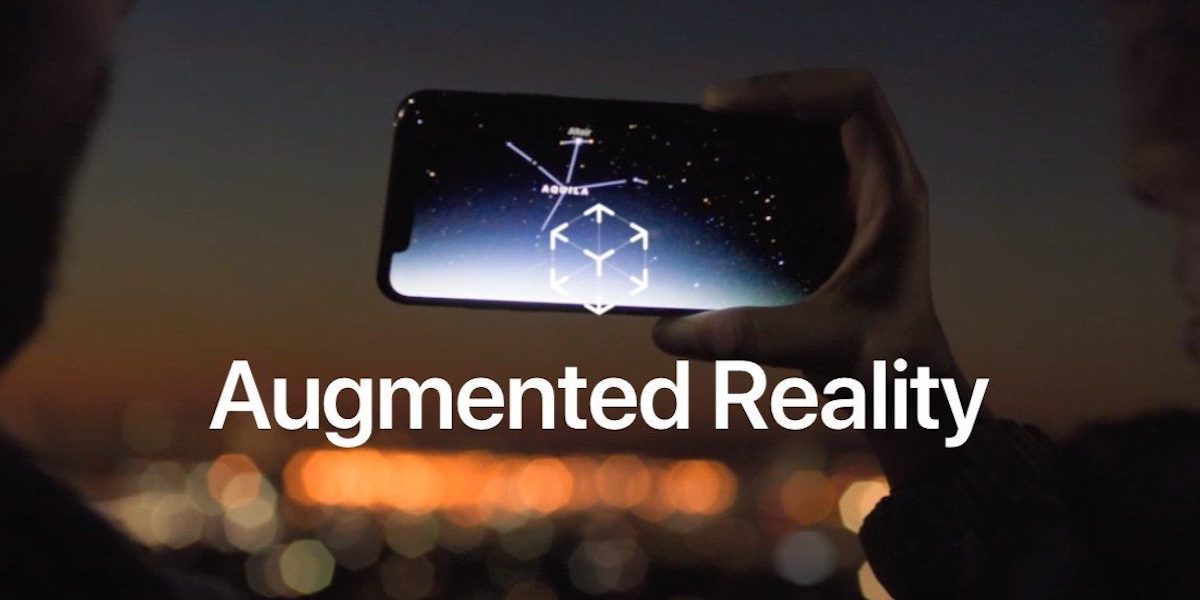
On many occasions we have talked about Augmented Reality and how it is one of the pillars for Apple. We have commented on Apple glasses and the possibility of that technology in it. We have opined that one of the company's futures should be based precisely on AR and the many uses that can be put into it. We are not very wrong when we find out that the company acquired in the middle of last year, a Start-Up with a great future of Israeli origin called Camerai.
Reports and news indicate that last year Apple acquired the Start-Up Camerai founded in 2014 by Aaron Wetzler, Erez Tal, Jonathan Rimon and Moty Kosharovsky for several tens of millions of dollars. This company was dedicated to developing and improving technology that included the ability to detect different objects in the image and precisely delineate them to cosmetically alter them.
It would have the ability to outline and apply filters to the entire image using a skeleton tracking neural network API. This could, for example, detect and draw body joints in real time. Always superimposed on an image of a real person. But it could also mean a new selective focus for improved portrait modes.
What does this translate to? Apart from the medical improvements that could be implemented, the fact of the matter is: if Apple is to produce its own AR device, the best and most practical thing would be to reach touch user interface elements without any additional hardware.
With the help of LiDAR, you could look for a change in depth around the finger, and that would indicate, for example, a click. In summary, we could control the Mac in more Minority Report style. First they would be clicks like those of the mouse, but then you could turn document pages, edit them ... etc